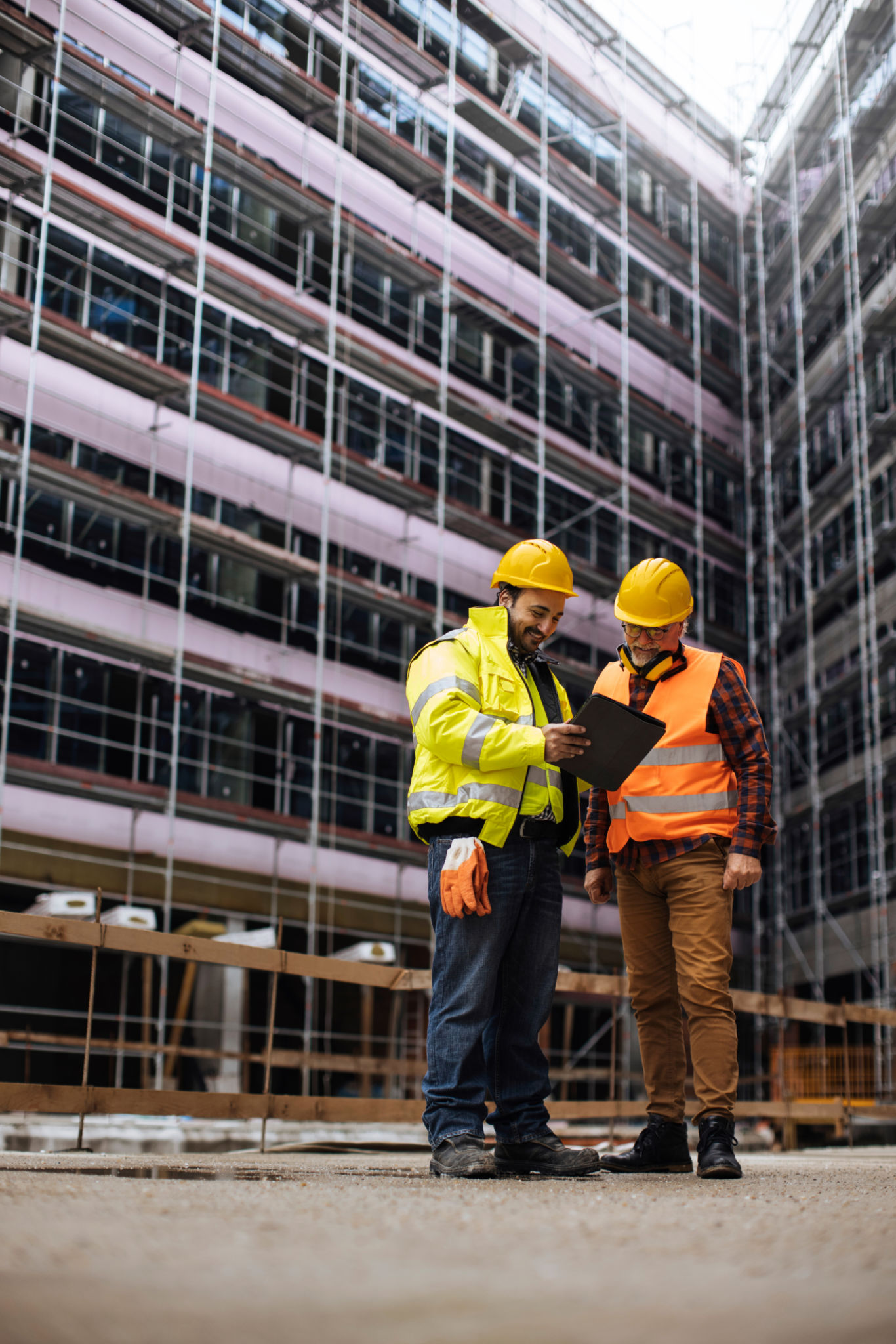Exploring the Benefits of Prefabricated Homes in Hong Kong's Urban Environment
Understanding Prefabricated Homes
In recent years, prefabricated homes have emerged as a revolutionary solution to the housing challenges faced by urban environments around the world, including Hong Kong. These homes are constructed off-site in a factory setting and then transported to the desired location for assembly. This method offers numerous advantages over traditional construction, particularly in densely populated areas.

Prefabricated homes are designed with efficiency and sustainability in mind. The streamlined manufacturing process allows for precise control over quality and resource use, minimizing waste and reducing the carbon footprint. As urban areas like Hong Kong strive to balance growth with environmental responsibility, prefabricated homes present an attractive option.
Advantages of Prefabricated Homes in Urban Areas
Speed of Construction
One of the most significant benefits of prefabricated homes is the speed of construction. Since the components are manufactured in a factory setting, construction time is drastically reduced. This is particularly beneficial in urban environments where space is limited, and the demand for housing is high. In Hong Kong, where land is a premium commodity, the ability to quickly assemble homes on-site without prolonged construction disruptions is a compelling advantage.
Cost-Effectiveness
Cost is another critical factor driving the adoption of prefabricated homes. The controlled manufacturing environment reduces labor costs and material waste, making these homes more affordable than traditional builds. Additionally, the predictability of costs associated with prefabrication can help developers manage budgets more effectively, a crucial consideration in Hong Kong's volatile real estate market.

Design Flexibility and Customization
Contrary to popular belief, prefabricated homes offer a high degree of design flexibility. Modern prefabrication technology allows for a wide range of customization options, enabling homeowners to tailor their living spaces to suit their personal tastes and needs. This flexibility is vital in an urban setting like Hong Kong, where space optimization is a priority.
Sustainability and Environmental Impact
Prefabricated homes are inherently more sustainable than traditional constructions. The use of eco-friendly materials and energy-efficient designs helps reduce overall environmental impact. In Hong Kong, where sustainability is increasingly becoming a focus, embracing prefabrication could significantly contribute to greener urban development.

The Future of Housing in Hong Kong
As Hong Kong continues to grapple with housing shortages and environmental concerns, prefabricated homes offer a viable solution that addresses both issues. With their rapid construction times, cost-effectiveness, design flexibility, and sustainability, these homes are well-suited to meet the demands of modern urban living.
Looking ahead, it is likely that the adoption of prefabricated homes will continue to grow in Hong Kong as more developers and homeowners recognize their potential. By embracing this innovative approach to construction, Hong Kong can effectively tackle its housing challenges while paving the way for a more sustainable future.
